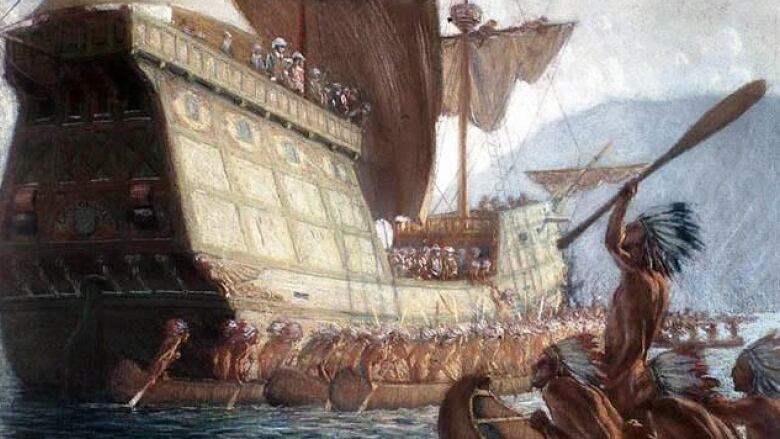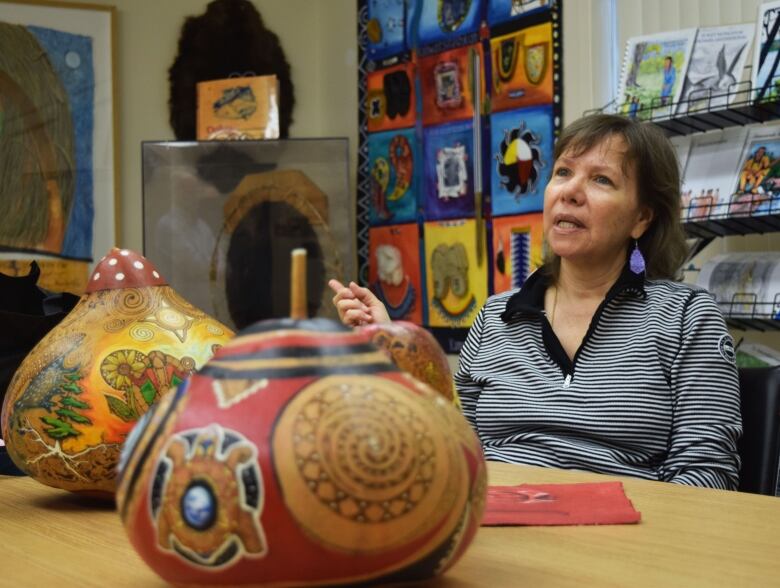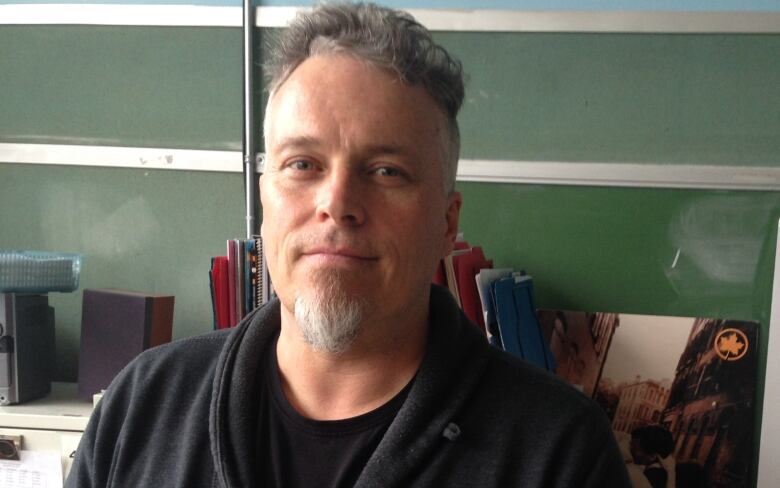Minorities, First Nations should play greater role in Quebec history course, critics say
Quebec's decision to hold off on controversial new course has critics asking, 'What's next?'

Critics of Quebec's revised high school history curriculumare hoping minority groups and Indigenous peoples feature prominently in any changes made to the controversial course,following news the province has decided to shelve it for now.
Education MinisterSbastienProulx's office confirmed Thursdayit willdelay the implementation of the new curriculum, saying the goal of the program "is to beas representative and inclusive as possible."
I think anybody, whether they are Canadian or newly landed immigrants, they need to learn about Canada's colonial history.- Ellen Gabriel, Mohawk activist
Proulx told reporters Friday the province would launch around of consultations before going ahead with the course, which was originally slated to roll out next Septemberfor SecondaryIIIstudents.
Adraft of the proposed curriculum obtained by CBC earlier this year drew criticism from teachers and education experts, who argued it focused too heavily on the French Canadian experience at the expense of Aboriginal peoples, the English-speaking minorityand immigrants.
Ellen Gabriel,aMohawk activist and artist fromKanesatake, says she'd like see the historical perspective of Quebec's First Nationsfeatured prominently in any revised curriculum.

"I think anybody, whether they are Canadian or newly landed immigrants, they need to learn about Canada's colonial history."
Critics of that early draft say they hopethe delay is a sign the government is takingthe time toaddress their concerns.
JohnCommins, a longtime history teacher inthe English Montreal School Board who had reviewed the proposednew curriculum, said he wants a course"that's less invested in a political narrative and more in a social narrative about what Quebec's past was like for most people."

"Their stories are deeply important and their trajectory through history is deeply important. Also the stories of Irish and Italians, Greek, Portuguese I mean, we're all components of this state, and I think we deserve a place."
- Piloted history course called out for lack of diversity
- Why teach history? The battle over Quebec's high school history curriculum
Reforms to the curriculum were launched under the previousPartiQubcoisgovernment, which had campaigned in 2012 on a promise toemphasizeQuebec's struggle for nationhoodin the provincial school curriculum.
Not everyone is on board with the Liberal government's decision to delay the new course.
The unions under the Fdration syndicale de l'enseignement (FSE), which represent65,000teachers, issued a statement saying it was disappointed with the decision.
Jean-FrancoisRoberge,the education critic for theCoalitionAvenirQubec,said Friday his party supportsthe previous history curriculum, which hedenied was too nationalist in focus.
The new required history course will be broken up over two school years, beginning inSecondary III.












_(720p).jpg)


 OFFICIAL HD MUSIC VIDEO.jpg)
.jpg)



























































































